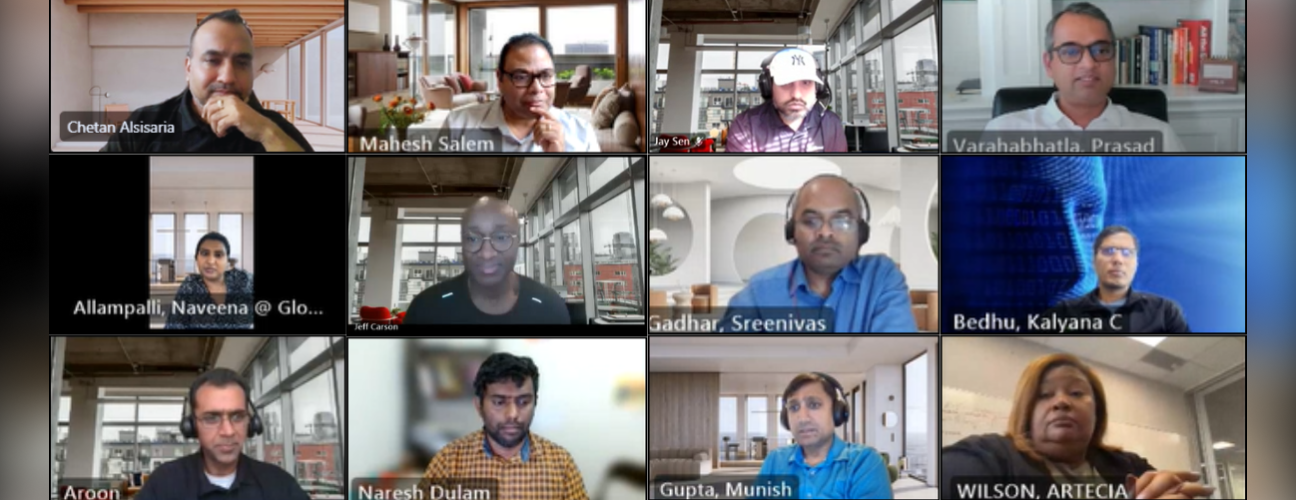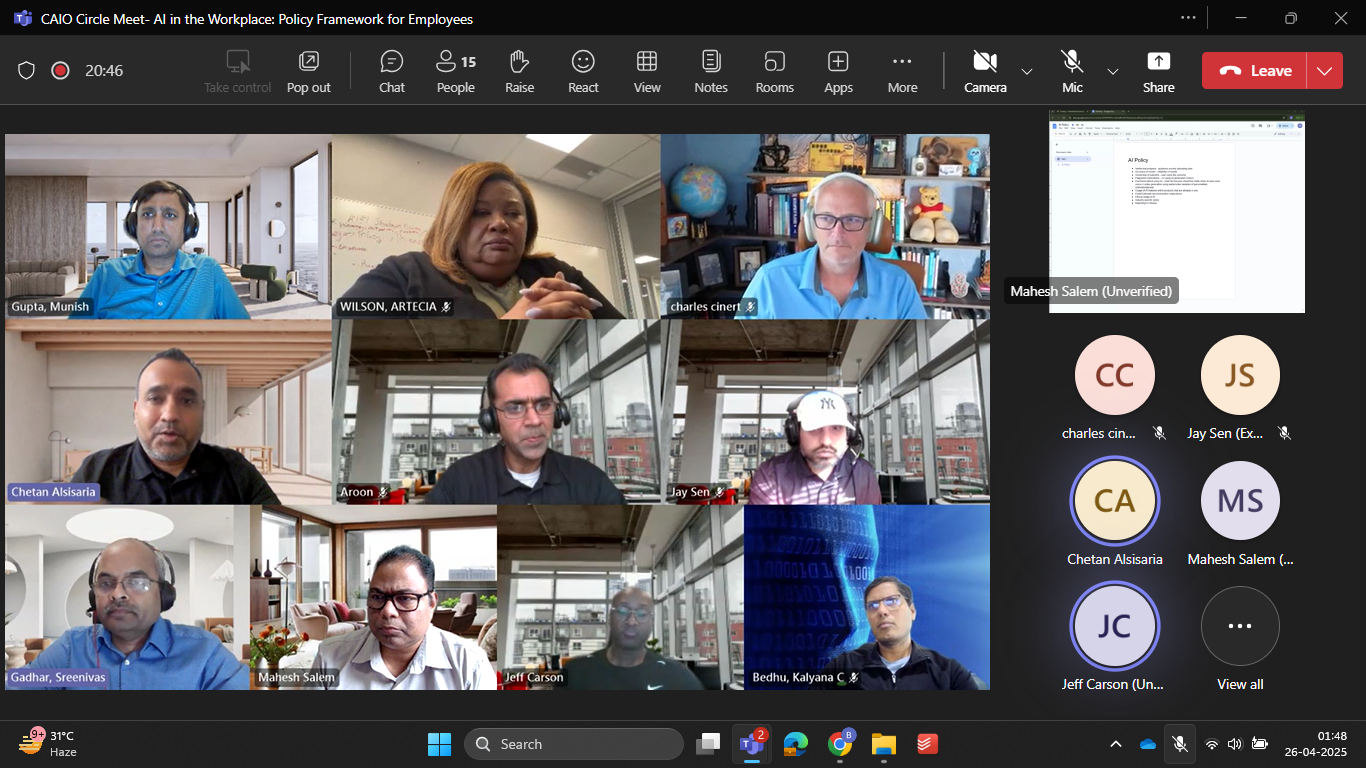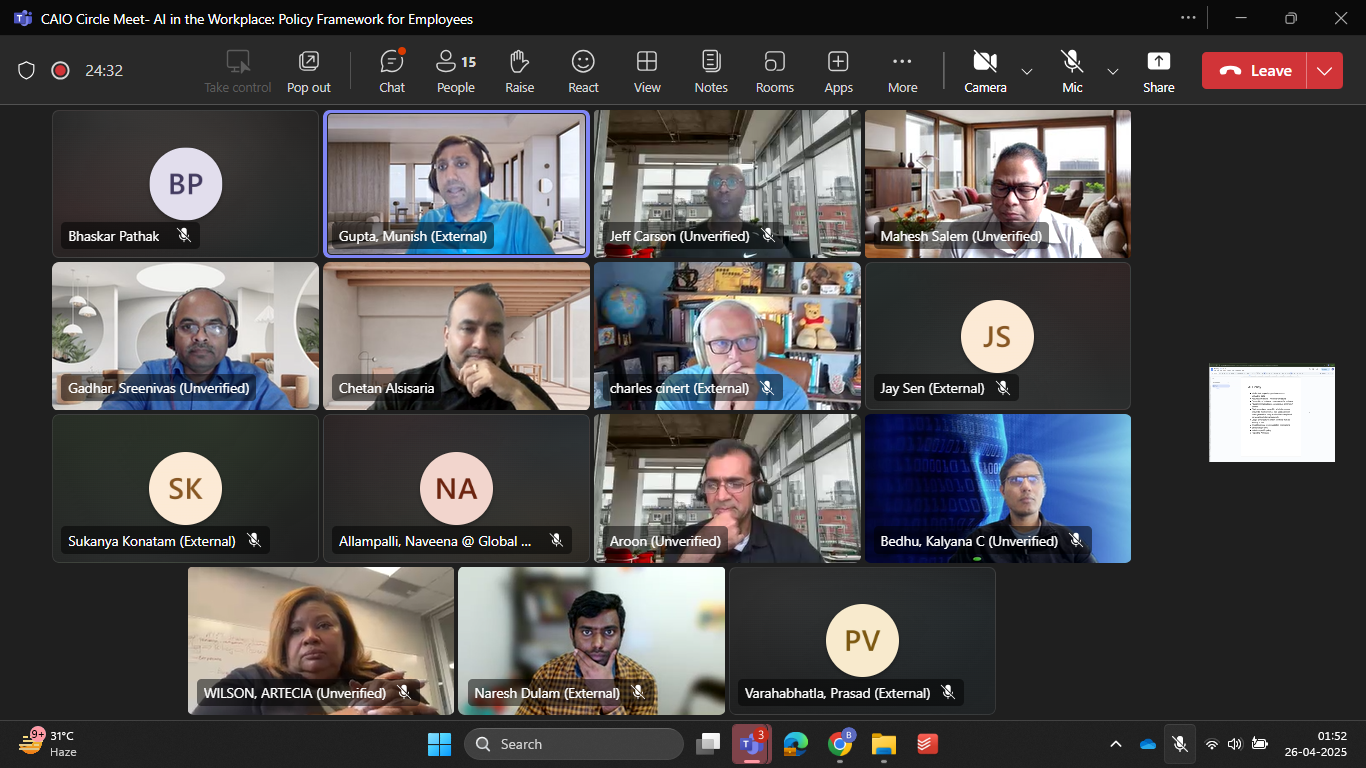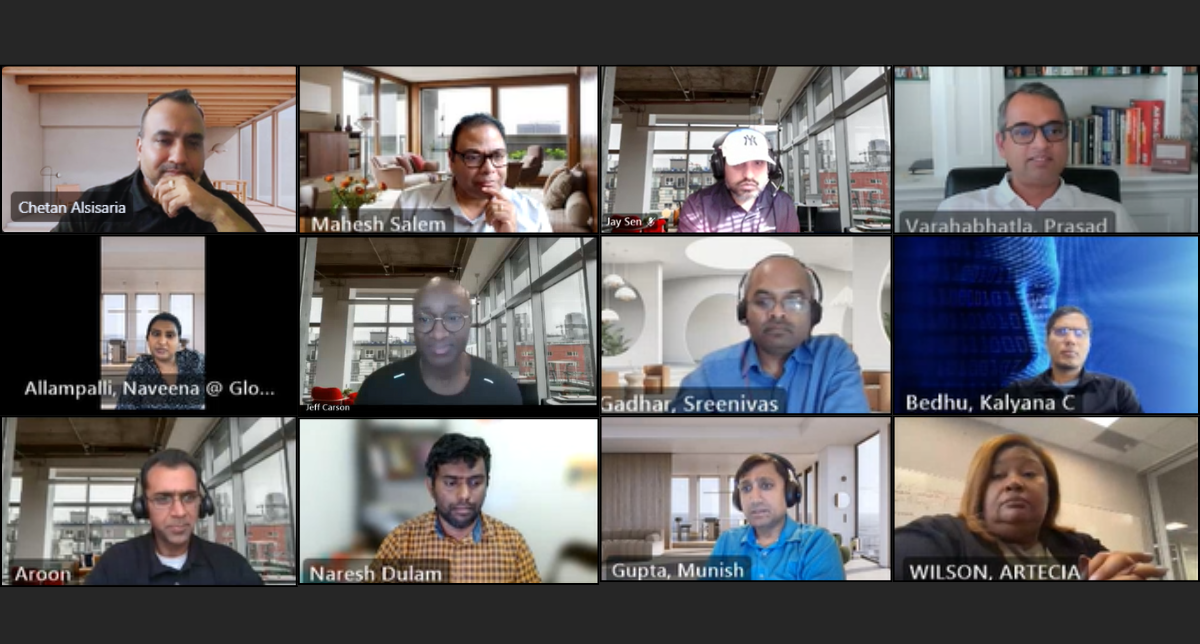The recent event on "AI in the Workplace: Policy Framework for Employees" brought together key stakeholders to engage in an in-depth discussion on the critical need for a comprehensive AI policy tailored for employees. The conversation was framed around the evolving regulatory landscape, particularly focusing on compliance with European Union and United States regulations.
The members explored various dimensions essential to formulating an effective AI policy, including:
- Intellectual Property and Data Upload Guidance: The discussion emphasized the importance of clear guidelines on intellectual property rights and best practices for uploading data securely and compliantly.
- Accuracy and Reliability of AI Results: Participants highlighted the need to ensure AI outputs are accurate and reliable, addressing challenges in validating AI-generated results.
- Ownership of Outcomes: It was agreed that users should retain ownership of the outcomes produced by AI tools, reinforcing accountability and transparency.
- Usage of AI Features in Existing Products: The group discussed how AI functionalities integrated within currently used products should be governed, ensuring seamless and ethical adoption.
- Guidance on AI Models to Use: Clear recommendations on selecting appropriate AI models were deemed necessary to align with organizational goals and compliance.
- Ethical and Compliance Considerations: The ethical use of AI, including adherence to compliance standards, was a major theme, with discussions on mitigating risks and ensuring responsible AI deployment.
- Reporting AI Misuse: Establishing robust mechanisms for reporting and addressing AI misuse was identified as a priority to maintain trust and integrity.
- Industry-Specific Policies: The group differentiated between regulated and unregulated industries, discussing tailored AI policies for sectors such as Life Sciences and Consumer Packaged Goods (CPG).
- Cyber Risk and Red Teaming: Participants touched upon cyber risks associated with AI, suggesting this as a topic for a separate, detailed paper. The conversation included risk assessments based on the AI models employed.
- AI Training and Literacy: The importance of ongoing AI education was underscored, with suggestions to implement checklists, annual training, and onboarding programs to enhance AI literacy across the workforce.
This comprehensive dialogue laid the foundation for creation of a robust AI policy framework that balances innovation with regulatory compliance and ethical responsibility. This document will be published soon guiding employees in leveraging AI technologies effectively and safely.



